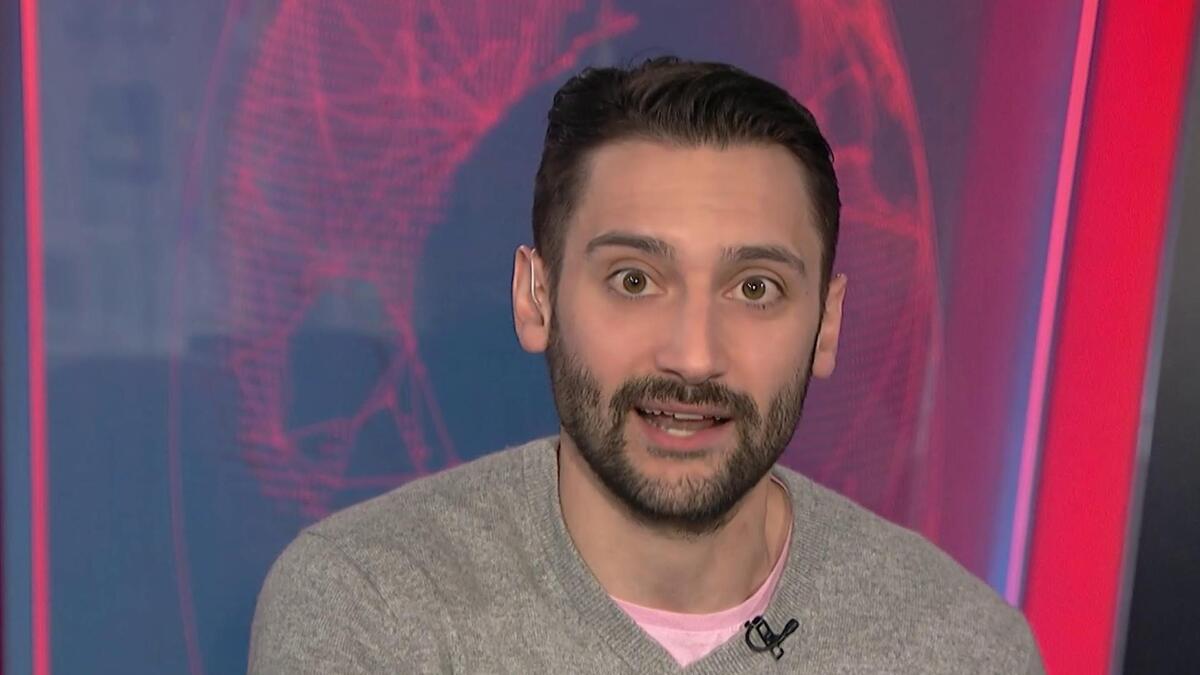I thought young people don’t listen to the radio? They’ve moved on to podcasts or other on-demand audio services. That is if they even like audio.
Heck, radio isn’t even for their parents; it’s for their grandparents!
At least that’s what we’re told.
But when we have an opportunity to prove to young people the value of live and local talk radio, we need to jump on it.
I had a first on my show last week: A high school student called in to discuss her attempts to begin a chapter of Turning Point USA (a young, conservative organization) at her school.
She said she was having a tough time because of the conservative beliefs of the group. Her flyers around the school were torn down; there were threats, harassment, and more.
Her phone call to my show was the first time this story had been reported or heard in local Kansas City media. From there, the students and their parents stayed in contact and updated us on the story throughout the week. Then, things turned ugly when during their inaugural meeting, protesters showed up, and one individual effectively ended the meeting by flipping a glass table that shattered.
The students and parents in the community reached out with pictures of the incident. I turned it around with social media blasts that went viral on Twitter courtesy of shares and promotions by Turning Point USA and its founder Charlie Kirk.
Since then, the story was picked up locally by The Kansas City Star and then nationally by Ben Shapiro’s outlet, The Daily Wire.
I don’t share this story to simply toot our own horn. Frankly, we just stepped into the story. We didn’t do anything to initially gather it except know a caller actually has a chance to provide something of value to the audience. Someone came to us. And not a grandparent of a student, who the “media consultants” would likely predict would be the case, but rather the student herself, calling up her local talk radio host to try and get this story some coverage.
From what I gathered in talking with many parents, the story has gathered far more publicity and attention than they ever imagined, and it’s because of that one phone call made to a live and local talk show.
Does this one example mean that Gen Z is rapidly rushing back to their local radio dials? No. I understand the data.
But showing the power of how local talk radio can impact the lives of their communities and, in our case, stand up for a local group of high school kids in a way no one else in local media would is one of those lasting impressions that we can make to cater to the next generation.
There are no pitches to newspaper reporters or TV stations, both of whom are more likely to lean against the idea of showing sympathy for a young, conservative organization. Instead, it’s just as simple as calling your local talk show, letting the host give you two minutes, and blasting your story out to thousands of listeners.
Of course, we chose to follow the story as it was a fit for our audience, and we received incredible feedback. So this one worked. But regardless, this is exactly what has, and always will continue to make our format unique.
Newspapers, TV, podcasts, and blogs can’t duplicate it. Yes, we need to embrace all forms of media as stations and personalities, but also realize, respect, and promote the power that still exists in our format when done right. And let’s make sure the next generation knows it.
Pete Mundo is a weekly columnist for Barrett Media, and the morning show host and program director for KCMO in Kansas City. Previously, he was a fill-in host nationally on FOX News Radio and CBS Sports Radio, while anchoring for WFAN, WCBS News Radio 880, and Bloomberg Radio. Pete was also the sports and news director for Omni Media Group at K-1O1/Z-92 in Woodward, Oklahoma. He’s also the owner of the Big 12-focused digital media outlet Heartland College Sports. To interact, find him on Twitter @PeteMundo.






